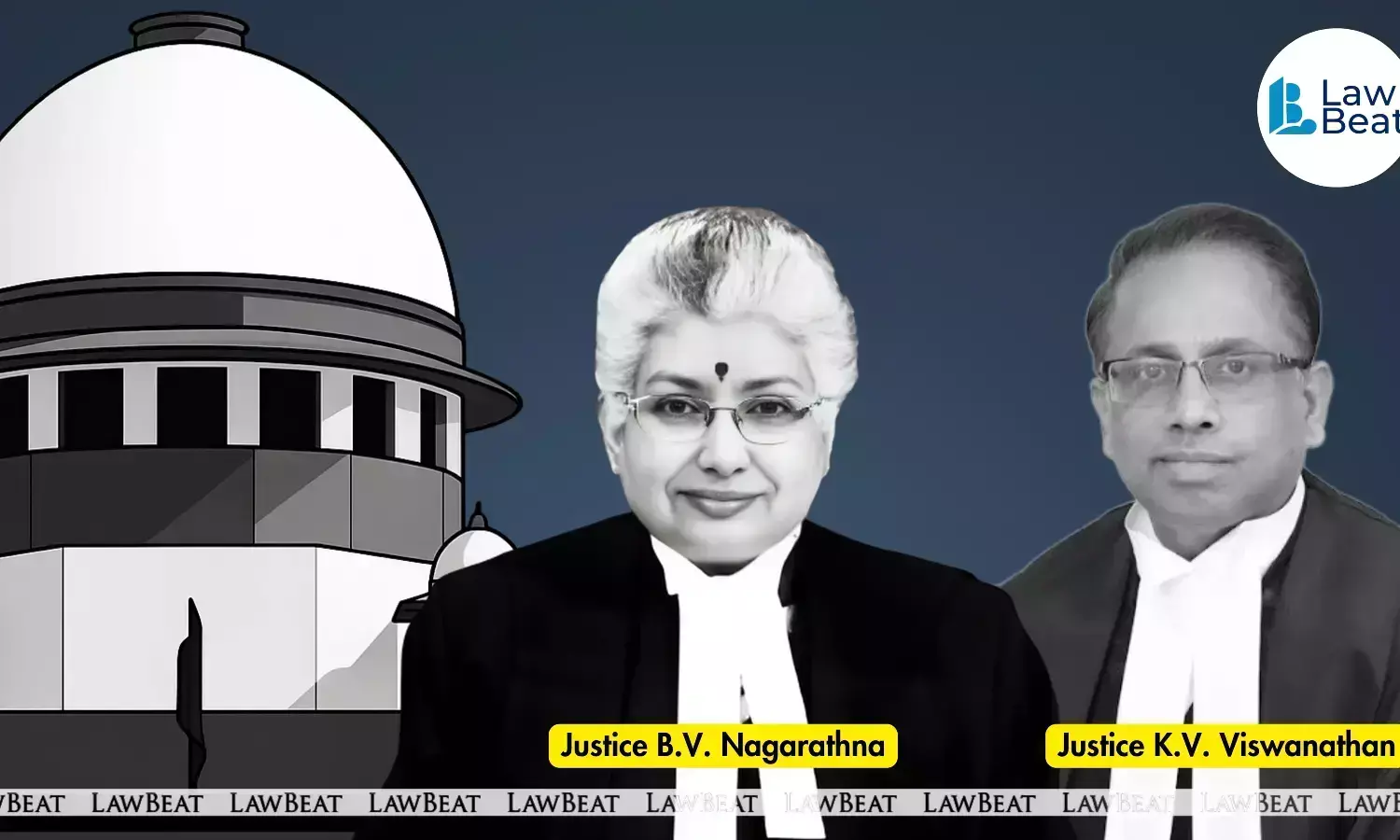PIL in SC Seeks Systemic Reforms for Rights of Autistic and Neurodivergent Persons; Notice Issued

Section 17A of the Prevention of Corruption Act, 1988 was introduced by virtue of Section 12 of the Prevention of Corruption (Amendment) Act, 2018.
The Supreme Court has recently, issued notice in a Public Interest Litigation (PIL), by a parent-led support group, working for the rights of individuals with Autism Spectrum Disorder alleging institutional neglect, systemic apathy, and failure of the State in upholding its constitutional and statutory obligations towards persons with neurodivergent conditions, including Autism, Dyslexia, and ADHD.
The Bench of Justice BV Nagarathna and Justice KV Viswanathan in an order dated August 8, said, "Issue notice to respondent nos. 1 to 5 only for the present on the prayer for interim relief as well as on the main relief(s) sought for by the petitioner herein in this Writ Petition, returnable on 29.08.2025. Learned counsel for the petitioner is permitted to serve the respondent(s)/Union of India through Central Agency."
The petition, filed by the group Action for Autism (AFA), sought immediate judicial intervention to address glaring lapses in the implementation of The National Trust Act, 1999, The Rights of Persons with Disabilities Act, 2016, The Mental Healthcare Act, 2017, and related legislations. It urged the Court to direct urgent reforms to safeguard the dignity and rights of persons with mental illness, autism, and other neurodevelopmental disabilities.
The petition filed through AoR Vinod Kumar Tewari emphasized that despite a robust legal framework, including India’s ratification of the UN Convention on the Rights of Persons with Disabilities (UNCRPD) in 2007, the rights-based approach remains largely on paper due to poor enforcement, inadequate funding, lack of infrastructure, and persistent stigma.
Tracing the history of India’s disability laws, the petition noted how earlier colonial-era statutes and the Mental Health Act, 1987 focused on institutionalization rather than autonomy and dignity. Although progressive shifts were seen with the Persons with Disabilities Act, 1995, and later with the Rights of Persons with Disabilities Act, 2016 and the Mental Healthcare Act, 2017, the plea argued that practical implementation remains woefully inadequate.
Citing ongoing challenges, the petition pointed to critical gaps such as denial of adequate insurance coverage for autistic and disabled individuals, lack of sensory-friendly infrastructure and trained staff at airports, airlines, railways, and metros, non-recognition of inclusive education mandates in private schools, and the absence of robust community-based care models like residential homes and halfway houses.
It further alleged widespread violations of fundamental rights guaranteed under Articles 14 and 21 of the Constitution, along with breaches of India’s international obligations under the UNCRPD.
The PIL underscored several pressing concerns, including:
Lack of standard operating procedures for mandatory training of frontline personnel such as CISF officers, public transport staff, and healthcare providers.
-Denial or erroneous rejection of UDID certification applications due to insufficient trained professionals.
-Rising cases of depression and suicide among persons with neurodevelopmental disabilities.
-Failure of private sector employers to extend meaningful support under Corporate Social Responsibility (CSR) obligations.
-Non-establishment of adequate national and state-level centres for mental health and autism support.
The petitioner sought wide-ranging directions, including:
1. Training primary healthcare providers to identify early signs of autism.
2. Mandatory creation of sensory-friendly infrastructure at airports, airlines, railways, and metros.
3. Enforcement of insurance coverage and parity for neurodivergent persons.
4. Simplification of certification processes and expansion of inclusive education with adequately trained teachers.
5. Appointment of qualified counsellors, psychologists, and social workers trained in child and adolescent neurodevelopmental conditions across schools and institutions.
6. Strengthening community-based rehabilitation and launching nationwide awareness and de-stigmatization campaigns.
As interim relief, the petition demanded the immediate constitution of statutory bodies, orientation of frontline personnel, and enforcement of insurance rights for autistic and disabled individuals.
The plea asserted that unless the Court intervenes to bridge these systemic gaps, millions of neurodivergent persons and their families will continue to face denial of rights, exclusion from mainstream society, and unconstitutional discrimination.
Case Title: Action for Autism v. Union of India & Ors.
Order Date: August 8, 2025
Bench: Justice BV Nagarathna and Justice KV Viswanathan
